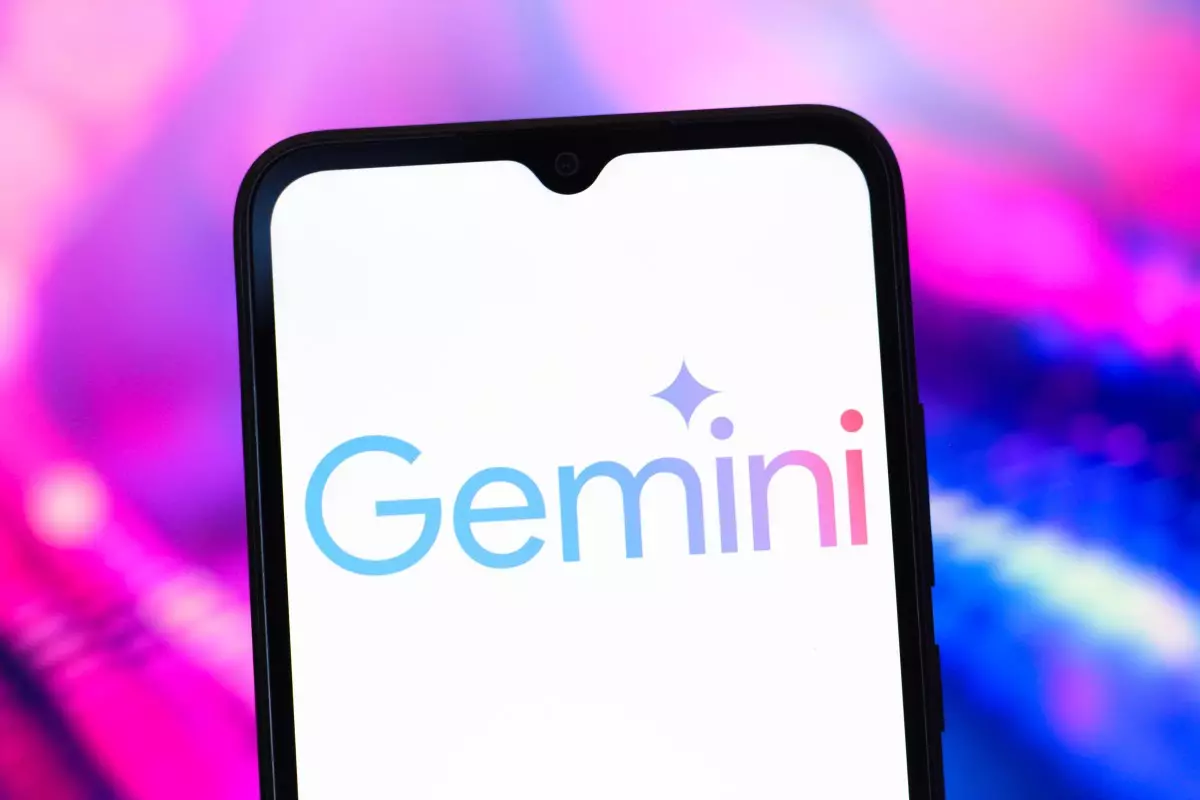In an announcement that signals a significant shift in its mobile ecosystem, Google confirmed that it will phase out Google Assistant in favor of the newly developed Gemini later this year. A blog post from the tech giant detailed this monumental transition, indicating that users would gradually be upgraded to Gemini over the coming months. The phase-out targets not just Android smartphones but also extends to a variety of devices, including tablets, vehicles, and various wearables like headphones and smartwatches. This move is emblematic of Google’s commitment to staying at the forefront of innovation, yet it raises questions about what this change signifies for existing users.
Why Move Away from Assistant?
The decision to replace Google Assistant does not appear to be arbitrary. Google has invested considerable resources into developing Gemini, which is positioned as an enhanced alternative designed to integrate seamlessly across multiple platforms. Some might argue that the implementation of Gemini showcases Google’s agile approach to staying relevant amid rapid technological advancements. Moreover, as consumers increasingly lean towards enhanced artificial intelligence functionalities, a robust assistant like Gemini is crucial. The transition reflects a strategic response to users’ evolving needs and expectations.
What’s New with Gemini?
As Google prepares users for the impending shift, it seems to be taking the feedback on board. Several requested features have been integrated into Gemini prior to the complete phasing out of Google Assistant, enhancing user experience. Notably, the ability to play music, support for timers, and quick actions from the lock screen are some standout functionalities designed to improve everyday convenience. This shift could potentially redefine how users engage with their devices, making tasks faster and more intuitive through a streamlined interface.
Impact on the User Experience
Though the news of discontinuing Google Assistant may feel disheartening to loyal users, Gemini’s introduction presents a new palate of possibilities. By standardizing Gemini across all devices, Google assures a cohesive and intuitive experience regardless of what gadget a user picks up. This kind of holistic integration is essential for users who navigate between different platforms throughout their day. From smart homes to mobile devices, having a singular assistant can simplify interactions and make digital life smoother.
What Lies Ahead?
Google’s promise to provide more details in the upcoming months leaves many anticipating how the transition will unfold. The uncertainty surrounding the evolution of these assistant technologies can be unsettling, yet it also provides a thrilling glimpse into the future of artificial intelligence. As we move toward this transformative phase, the industry will be closely watching how well Google executes this transition and whether Gemini truly lives up to the heightened expectations. Will users embrace this new technology, or will the nostalgia for Google Assistant create a reluctance to adopt?
In essence, while the transition away from Google Assistant may signify the closure of a familiar chapter, it also opens the door to a future rich with potential—a future that promises to reshape how we interact with technology.

